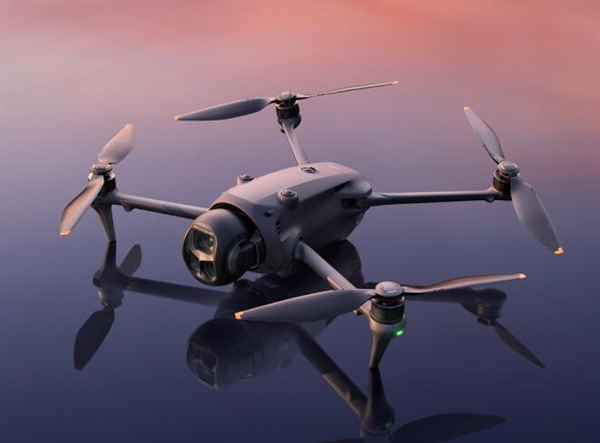In recent years, DJI drones with thermal cameras have revolutionized aerial imaging by allowing users to capture vivid thermal imagery from above.
These advanced drones help various industries enhance their operations, including search and rescue, agriculture, and building inspections. But what sets these drones apart? Let’s dive into the world of DJI thermal drones and discover how they can elevate your imaging experience.
Understanding the Power of Thermal Imaging
Thermal imaging works by detecting heat emitted by objects and converting it into visible images. This technology is invaluable for locating people in challenging environments, detecting energy leaks in buildings, and monitoring crop health. DJI drones equipped with thermal cameras offer these capabilities, making complex jobs more manageable and efficient.
Popular DJI Drones with Thermal Cameras
- DJI Mavic 2 Enterprise Dual: Known for its affordability and powerful performance, this drone features both visual and thermal sensors. It’s a great choice for professionals looking for a compact yet robust solution.
- DJI Matrice 300 RTK: With its advanced AI capabilities and a fully integrated thermal camera, the Matrice 300 RTK is engineered for extreme use cases and offers superior flight endurance.
- DJI Zenmuse XT2: A seamless integration for the Matrice Series, it combines the FLIR thermal sensor with a 4K visual camera, offering high-definition mapping and inspection capabilities.
Practical Applications
Thermal DJI drones have diverse applications. In agriculture, they help monitor crop health and identify areas needing attention, which can significantly enhance yield. In search and rescue missions, they provide critical thermal data for finding lost persons or wildlife. Moreover, in building inspections, they pinpoint areas of energy inefficiency, helping in quick decision-making and cost savings.
Choosing the Right DJI Thermal Drone
When choosing a DJI drone with thermal capabilities, consider factors like resolution, flight time, and the integration of other sensors. While some models offer cutting-edge dual-camera systems, others might provide longer flight durations or advanced mapping features.

The Future of Aerial Thermal Imaging
As technology advances, the future of DJI thermal drones looks promising. Enhanced AI, longer flight times, and even more powerful sensors are on the horizon. This evolution will further expand applications across various fields, making drones indispensable tools for professionals worldwide.
.jpg)
“The best way to predict the future is to invent it.” – Sharing the ethos of DJI’s innovative spirit.
Common FAQs
Q1: What industries benefit most from DJI thermal drones?
A: Industries such as agriculture, emergency services, and construction benefit significantly due to the enhanced situational awareness and data these drones provide.
Q2: Are DJI thermal cameras weather resistant?
A: Yes, most DJI drones are built to withstand various weather conditions, but it’s always wise to check individual model specifications.
Q3: How easy is it to operate these drones?
A: DJI designs its drones to be user-friendly, with intuitive controls and comprehensive training resources available to ensure a smooth operation for beginners and professionals alike.
.jpg?resize=1024,1024&ssl=1)